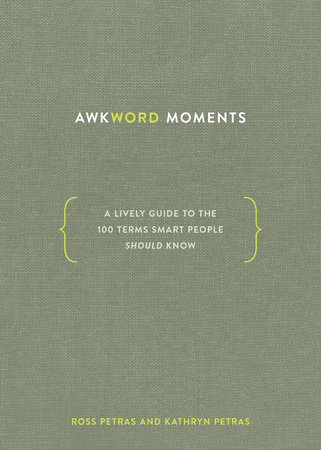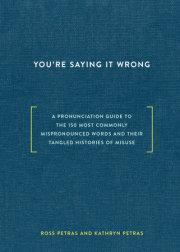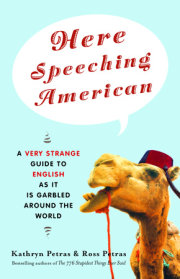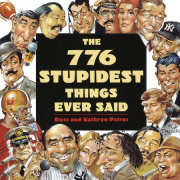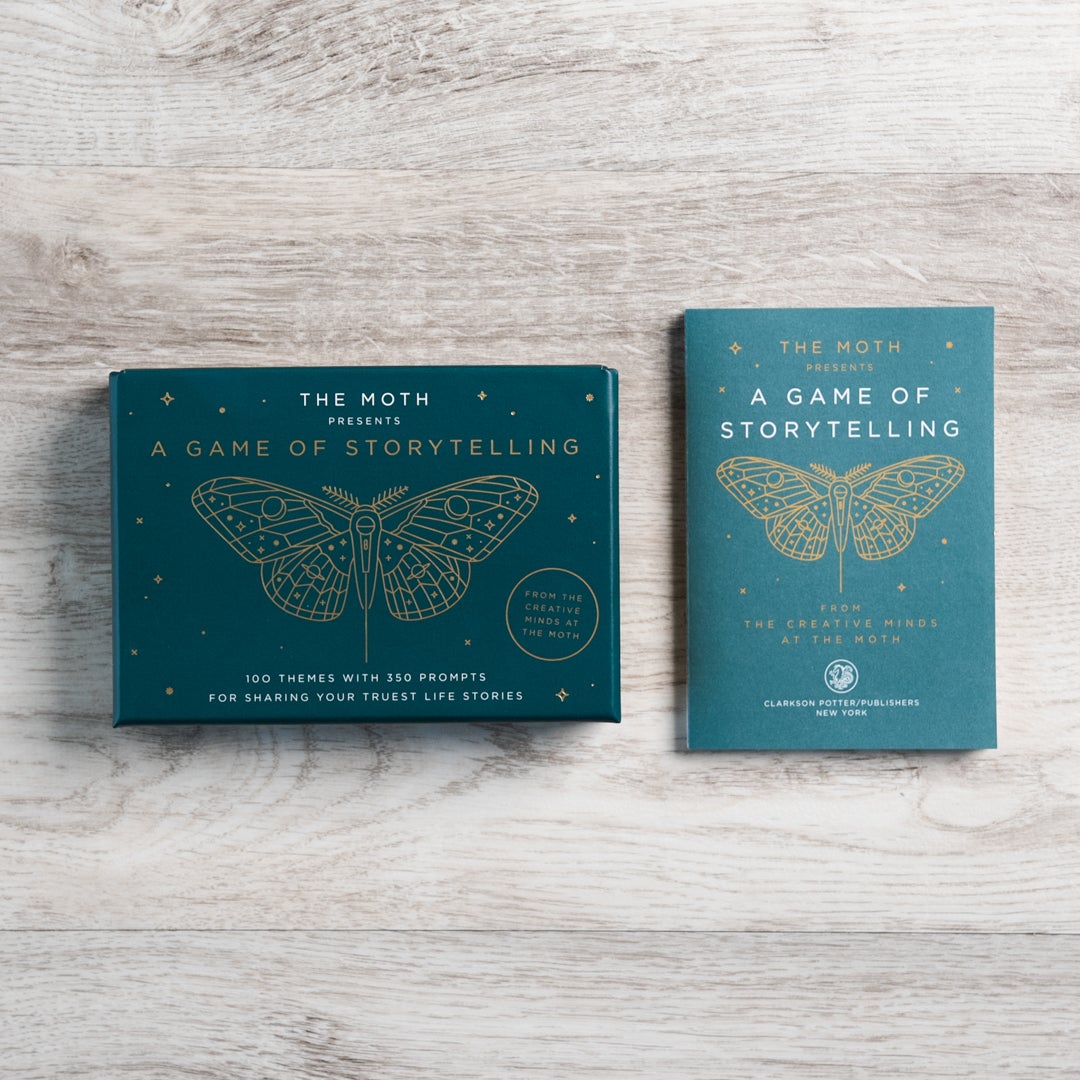Introduction
“What is it that we humans depend on? We depend on our words. . . . Our task is to communicate experience and ideas to others. We must strive continually to extend the scope of our description, but in such a way that our messages do not thereby lose their objective or unambiguous character. . . . We are suspended in language in such a way that we cannot say what is up and what is down. The word ‘reality’ is also a word, a word which we must learn to use correctly.” —NIELS BOHR, PHILOSOPHY OF SCIENCE
As Nobelist Niels Bohr noted, we depend on our words. That’s how we communicate. But words can play tricks on us. Daily life can be an intellectual minefield, full of awkward, word-related moments. Your boss makes a joke about Schrödinger’s cat, which is something you’ve heard of but you’re a little vague about what exactly happened (or didn’t happen) with that cat. And what was the point of the whole cat thing anyway? Or you’re reading a
New Yorker article that explains, “Solecism slipped into solipsism into full-blown narcissistic projection.” An excellent point . . . if you’re sure what
solecism means . . . or, for that matter,
solipsism.
There are so many things to know nowadays to keep up in conversations, so many arcane (and not so arcane) words that many smart people either don’t know at all but have heard about, or almost know or think they know but would be hard pressed to explain if put on the spot and asked to do so. That’s why it’s easy to get a little nervous, a little panicky, and a little self-conscious. And that’s why we wrote this book—to help people deal with this very common problem.
In an interview with
Esquire, writer Gore Vidal snidely commented about his fellow writer Norman Mailer: “For a writer, memory is everything. But then you have to test it; how good is it, really? Whether it’s wrong or not, I’m beyond caring. It is what it is. As Norman Mailer would say, ‘It’s existential.’ He went to his grave without knowing what that word meant.”
Maybe Vidal is exaggerating, but one thing is certain: a lot of us use words that we’re not completely sure about . . . and think (hope) that we got right. Seth Stevenson in
Slate wrote about the words that erudite people kinda sorta know but kinda sorta don’t, dubbing these words one’s “bubble vocabulary.” These are the words that, if you were asked directly “What does this mean?” would make you hem and haw and try to change the subject. Like
syllogism. Or
solipsism. Or
trope. Or, yes,
existentialism.
Awkword Moments gives readers a brief rundown on words smart people should know—from the worlds of science and the arts to philosophy, and from broader topics like quantum physics and ontology to smaller, more specific ones like Schrödinger’s cat. It covers the Latin phrases we hear and read (
prima facie, sui generis, and the like) as well as those that have entered our vocabularies from other languages (
weltschmerz, ennui, wabi sabi).
It’s a diverse collection, but they all have that slippery “I think I know that, but . . .” thing in common. We culled these words from a variety of sources, including different dictionaries’ “Most Often Looked-Up,” lists of the most commonly misunderstood words and concepts, as well as stories and lists compiled by newspapers like the
Washington Post and the
New York Times. Some were chosen because readers complained about them (“I don’t think I should need a dictionary to read your paper,” one irritated reader wrote to the
Post; other irritated readers told him to “suck it up, buttercup” in the comments because they didn’t want the paper dumbed down). Others were chosen because they frequently appear in articles and conversation (correctly
and incorrectly), and still others because we had always wondered about them ourselves.
And at the end of collecting and culling and talking to people and asking what they considered part of their bubble vocabularies, we wound up with one hundred words that smart people should know or think they know but (often secretly) don’t—the ones you might slip into conversation, then wonder if you’ve actually used them correctly.
Obviously, a book of one hundred words doesn’t begin to include all the words that should make the list, but it does pretty much cover the top one hundred in the lists we just mentioned. We also wanted to go beyond just defining the word. Words are much too fun to be consigned to a simple vocabulary list with definitions. So
Awkword Moments is also a quick examination of the concepts behind the words (sometimes a crash course in philosophy, other times in politics), their often fascinating etymologies, their use and misuse throughout history, weird and wonderful anecdotes, and often surprising origin stories.
You very probably know many of these words already—but take a second look: do you
really know them? We did a little experiment with one of the more common words in the book,
quantum. We walked around a university campus asking friends, faculty, and random individuals if they’d mind defining the word for us and using it correctly in a sentence. Very few could. Everyone had a vague (often incorrect) idea of what the word meant. (Try taking a little test yourself—flip through the book and pick at random a few words that you think you know well and see how confidently you can use them in a sentence.) Then there are words, like
hermeneutics, that are surprisingly common in print but that most of us are a little (or a lot) shaky on, except for the journalists who use them in their articles and some philosophers who actually know what they mean. This book covers both bases—words we use but have no idea what they really mean, and words we encounter in conversation or print that we have absolutely no idea what they really mean.
To quote one of our favorite internet word memes, “Sometimes I use big words I don’t really understand in an effort to seem more photosynthesis.”
This book will help you be more photosynthesis than ever.
Copyright © 2020 by Ross Petras and Kathryn Petras. All rights reserved. No part of this excerpt may be reproduced or reprinted without permission in writing from the publisher.





